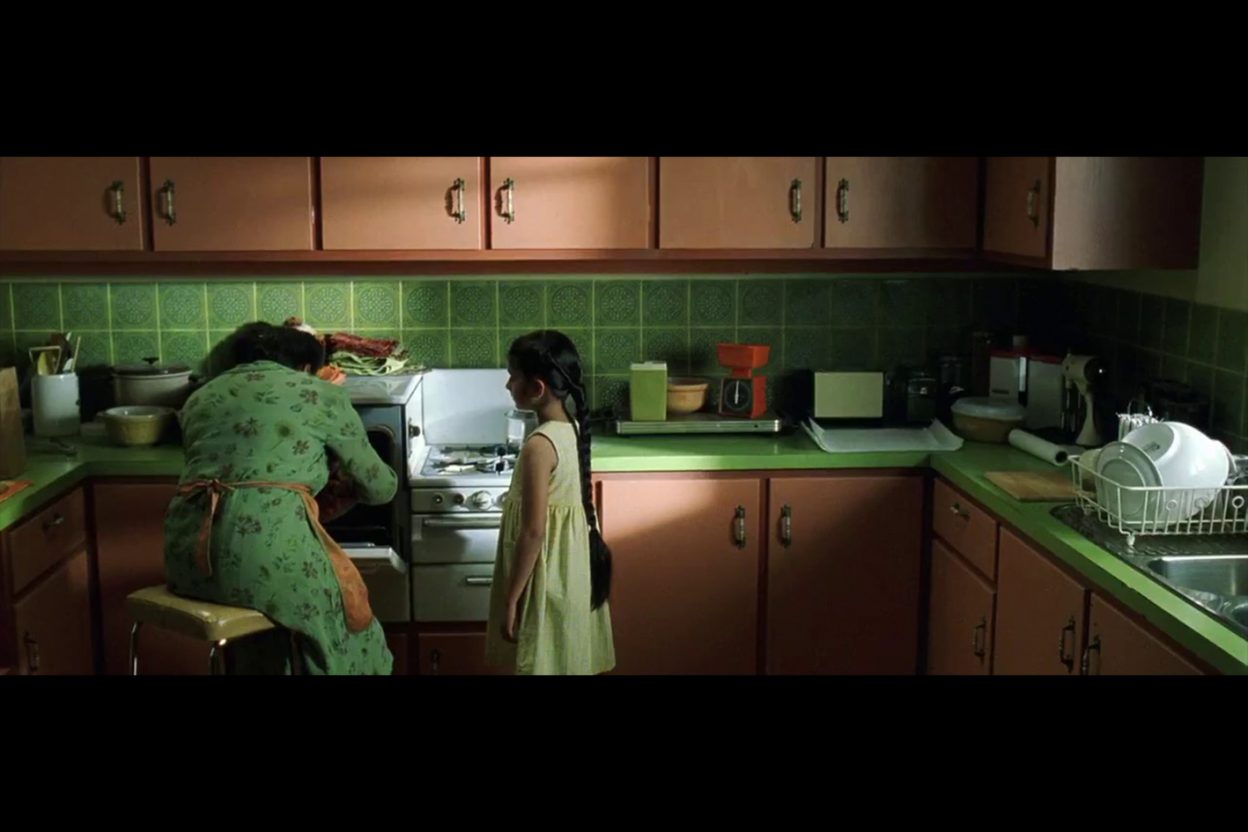OPTION JMA-GE / MAIA
Caring Architectures

Content
Caring Architectures questions the way the structural invisibility of both reproductive labour activities and their related spaces participates in the perpetuation of power relations in the domestic realm. During the class, we will delve into domestic care spaces and investigate them as material articulations of the progressive devaluation of care tasks through architectural theory. Contemporary Western housing production extends the optimisation and individualisation of spaces dedicated to care tasks that was initiated at the end of the 19th century. While studying this patriarchal and capitalist heritage, we will also approach these spaces as hidden stages of daily practices, representing a form of bottom-up architectural knowledge in their own right. Using fiction as a starting point to understand both the forms of power and resistance that are intertwined in places such as the laundry room, the kitchen, the closet or the garbage room, we will untangle the material conditions of these unremarkable power structures.
teaching aims
Building upon both interior architecture theory and feminist and queer literature, the course aims to unravel the material conditions of essential care towards our built environment. Identifying the repetitive and daily performative enactment of the spaces (Bonnevier, 2007) we will focus on body politics and the interactions between interior architecture and working bodies. The course approaches housing production as major architecture in which minor ones rise (Stoner, 2012). These minor architectures enable the maintenance of domesticities, and aims to help us understand the socio-political responsibility of architecture with regards to care, repair and decay (Malterre-Barthes, 2019).
teaching forms
Over 6 half-days, each course will focus on one care task and its related spaces: cooking, cleaning, storing, ironing, shopping, sorting, etc. Shaped as design research, the work will articulate the analysis of the pre-existing experience of one character, one selected fiction (from a movie or a novel), the space that stages the fiction, and two texts from both architectural theory and queer/feminist literature. The course will use and develop various tools, from architectural (plans, sections and models) to research (readings and writings) in order to develop a 1000-word article that will use project hypotheses to foster discussions and possibilities.

